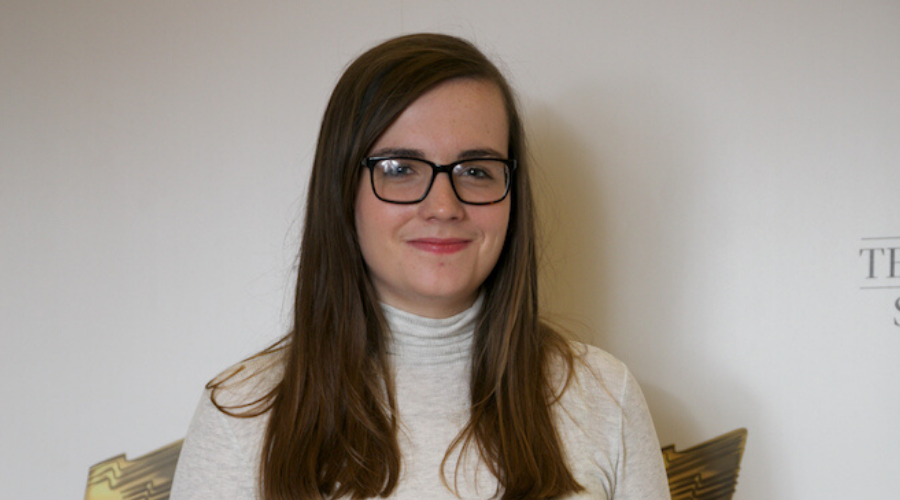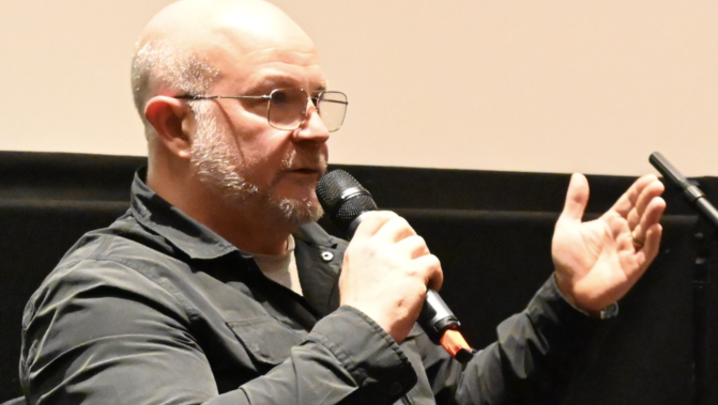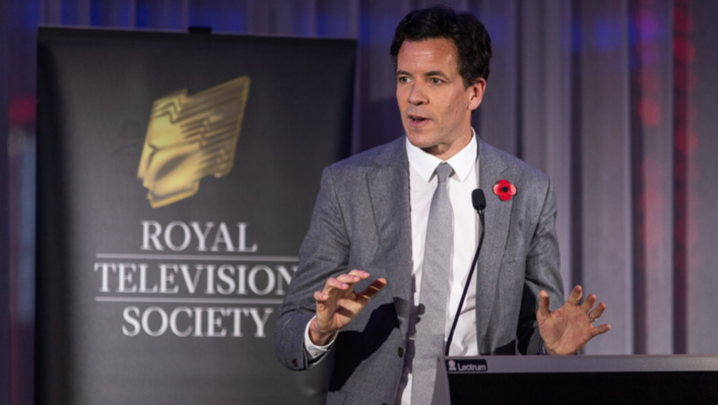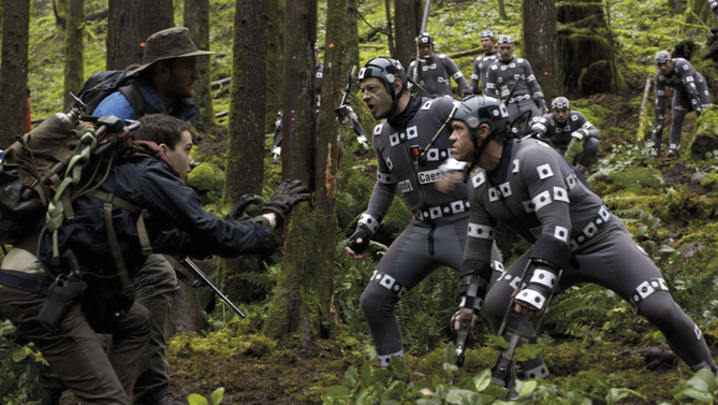Anne Dawson looks at how the RTS Technology Bursary Scheme encourages young women to consider careers once seen as off limits to them.
The RTS launched its Technology Bursary Scheme in 2015. The initiative supports students from lower-income households studying science, technology, engineering or maths (Stem) subjects, with the aim of tempting them into a career in the media industry when they graduate.
Our first group of five students comprised four men and one woman. This year, we awarded eight bursaries. For the first time, we have equal numbers of male and female students. Is this a blip, or are we moving towards a more equal gender balance?
How much do students – and the industry – think has been achieved?
Kylia Prince-Anastasiou
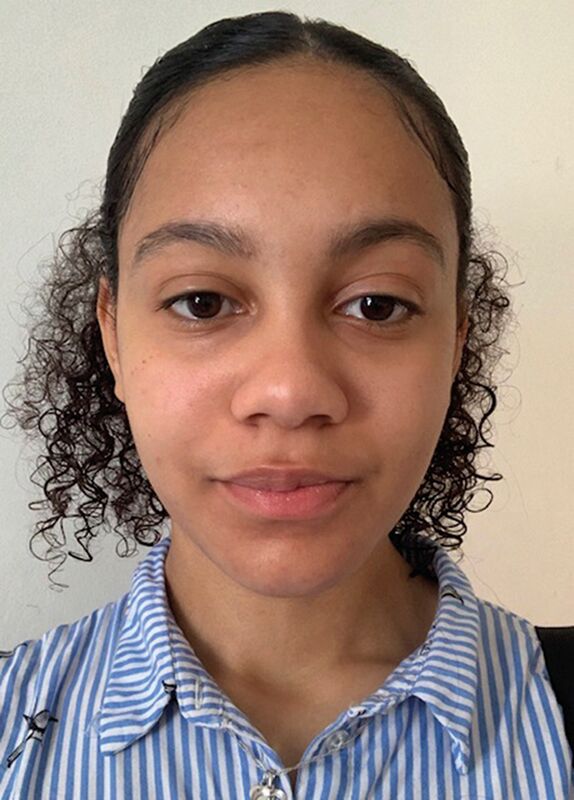
BSc (Hons) Computer Science with a year in industry, University of Kent
Kylia first became interested in computers by playing games with her three brothers. As the only girl in the family, she is used to being the lone female. This helped her persevere when she found she was the lone female studying physics A level, and then one of the few women on Kent’s computer science degree course.
“At times, I felt I shouldn’t really be studying physics,” says Kylia. “I wasn’t very good at it at first [but] I kept working hard and my grades improved.”
Kylia has grit and determination. Her interest in computers was not supported by her school’s curriculum, which did not offer the subject at GCSE or A level. However, a (female) teacher pointed her in the direction of the Coding Academy website. This enabled her and a friend to teach themselves coding.
It had never occurred to her that it could lead to a career in the TV industry, until she spotted the RTS bursary. Looking at the Society’s website, she found videos of earlier students who seemed to be having a lot of fun.
She is thrilled that there may be a career involving a subject she loves in a creative working environment.
“I’m interested in cyber security, among other areas, but I am really looking forward to finding out about the sort of jobs that are available,” says Kylia. “It’s very exciting to be an inspiration for future women who may want to follow my example.”
Lea Racine
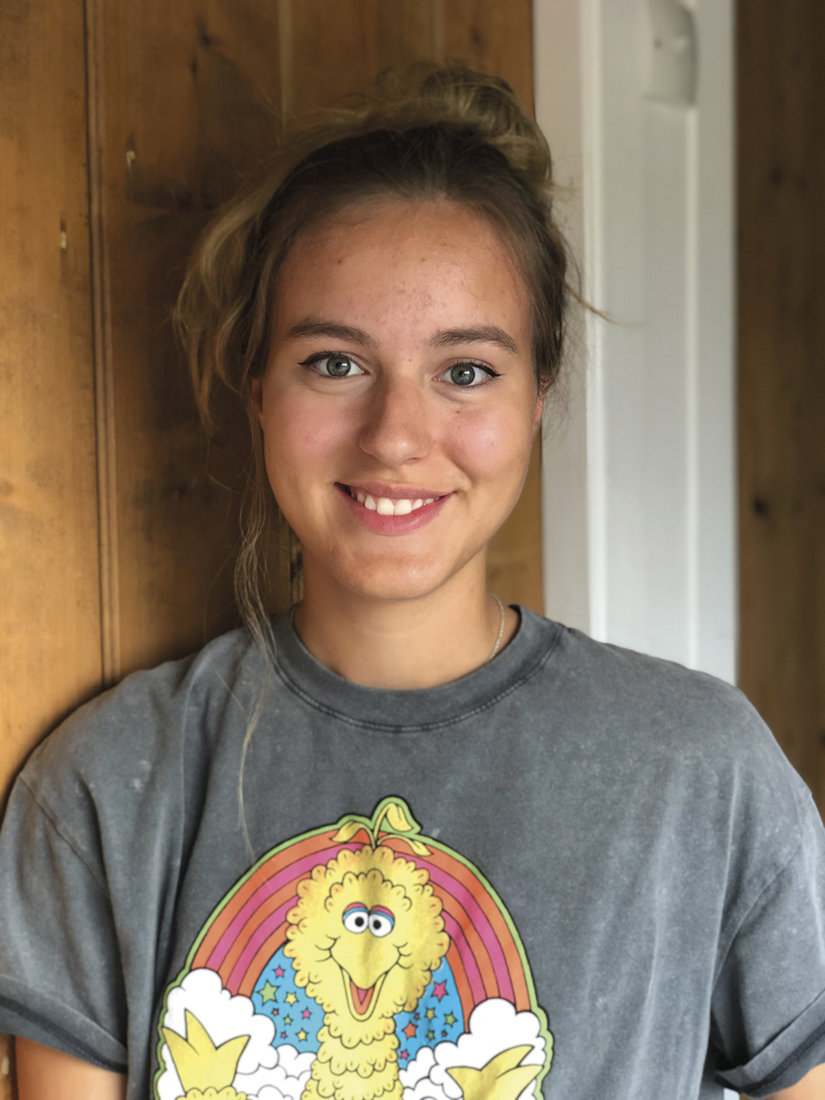
BSc (Hons) Computer Science, University of St Andrews
Lea’s first contact with computer science was at primary school, aged 10, when she was introduced to a simple coding app that allowed her and her classmates to create a website.
“It was so amazing to be able to create something,” she recalls. “At my secondary school there was no opportunity to study computer science, but a friend had some books about [the programming language] Python, so I borrowed those and taught myself coding.”
Lea chose to study computer science because she loved the problem-solving aspects. As part of her work experience over the summer, she supervised a graduate scheme coding test taken by four women and seven men. “The men all completed the test first but – you know what? – all the women did a better job and produced better solutions.”
At St Andrews, she was surprised to find that around 40% of her class were female. “So far, it’s fantastic.”
Milena Stefanovic
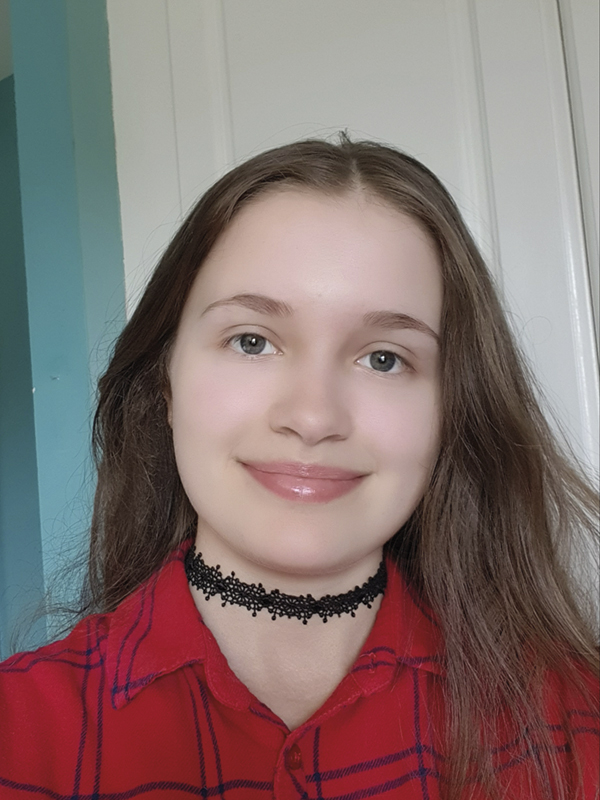
BSc (Hons) Computer Science, University of St Andrews
Milena was drawn into the world of computer science by playing video games with her older brother. “I thought it was so wonderful,” she says. “When we got to study computer science at high school [in Scotland], I was so excited.” Computer science was compulsory for the first two years, so the gender balance wasn’t an issue at first.
But for her highers and advanced highers she was one of only a few girls in the class.
“Computer science isn’t a skill you’re born with,” she says. “It’s something you learn, like any other subject. However, when you walk into a room of guys, you feel you shouldn’t be there.”
Milena was delighted when she found the gender mix at St Andrews was much more equal: “Things are changing. But we need more women involved as teachers. There was one [computer science] female teacher at my school, who was part-time. I didn’t even know she existed until my last year. Even at St Andrews, the tutors are mostly male. We need to explain computer science better to girls at a younger age – and that anyone can learn it if they want to.”
Mariatu Davies
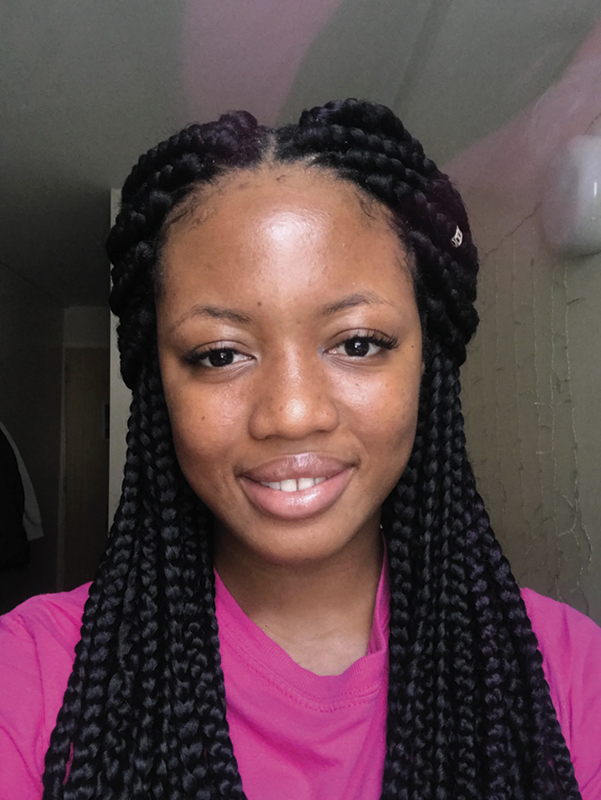
BEng (Hons) Mechanical Engineering, University of Birmingham
Sociable and confident at school, Mariatu could have chosen a number of different degrees to study, but she is very happy with her subject choice. “My mum came here from Sierra Leone just after she had me. She was desperate for me to go to university and have all the opportunities she never had.”
Mariatu became interested in engineering when she got to know a female friend of her mum’s who ran an electrical engineering business. “My mum’s friend had a really successful career and she was rich.” The woman explained that there were lots of careers in engineering.
In secondary school, Mariatu had work experience placements with Crossrail and the Department for Transport. She particularly liked the latter: “Everything was planned and well organised. I work well in that sort of environment.”
Achieving a first in a foundation degree in engineering at Leicester, she has decided to specialise in mechanical engineering.
“My friends think studying mechanical engineering means you are going to be a mechanic and work under a car with oily rags,” she worries. “We need better advice on careers that are available to women.
“The world is changing. People understand that diversity is important. As a woman studying engineering, I think there will be lots of career options available. The world is your oyster.”
Abbie Howell
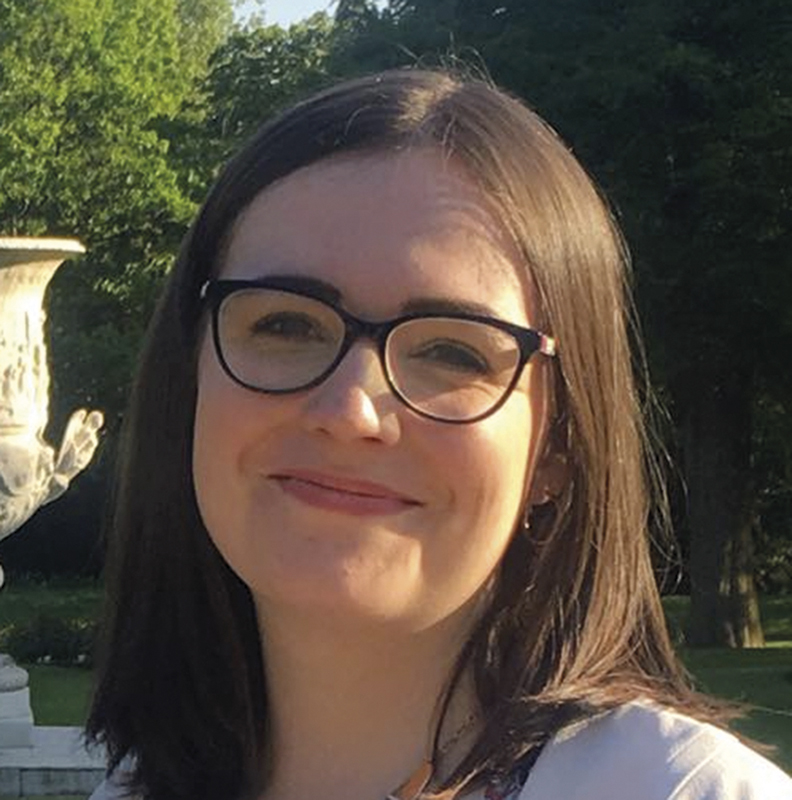
Developer, Theodo
Abbie is the first Technology Bursary student to graduate. When she joined Theodo, she discovered she was one of only two women developers out of 30, and one of eight women in a workforce of around 40 employees.
Abbie says that, for women to become confident in male-dominated environments, they have to support each other. She and her colleague Kamile Matulenaite have set up a network, Embolden Her (www.emboldenher.org), to provide mutual support and mentoring for other women working in tech.
She is also a volunteer coach for Codebar, which gives practical training and support and speaks up for women. Abbie believes the industry can’t wait for the gender balance of graduates to change, and that there are many young women out there who can quickly learn to code.
One route is via training companies such as Flatiron School (flatironschool.com). It runs online and face-to-face courses for career changers, including the initiative, Women Take Tech, which awards scholarships and runs programmes specifically for women.
Abbie is concerned that many “think it’s not possible for them to learn to code or attain leadership positions in tech. We need more role models for young women and girls, and more female teachers in schools and universities.”
The industry perspective
Susie Buckridge
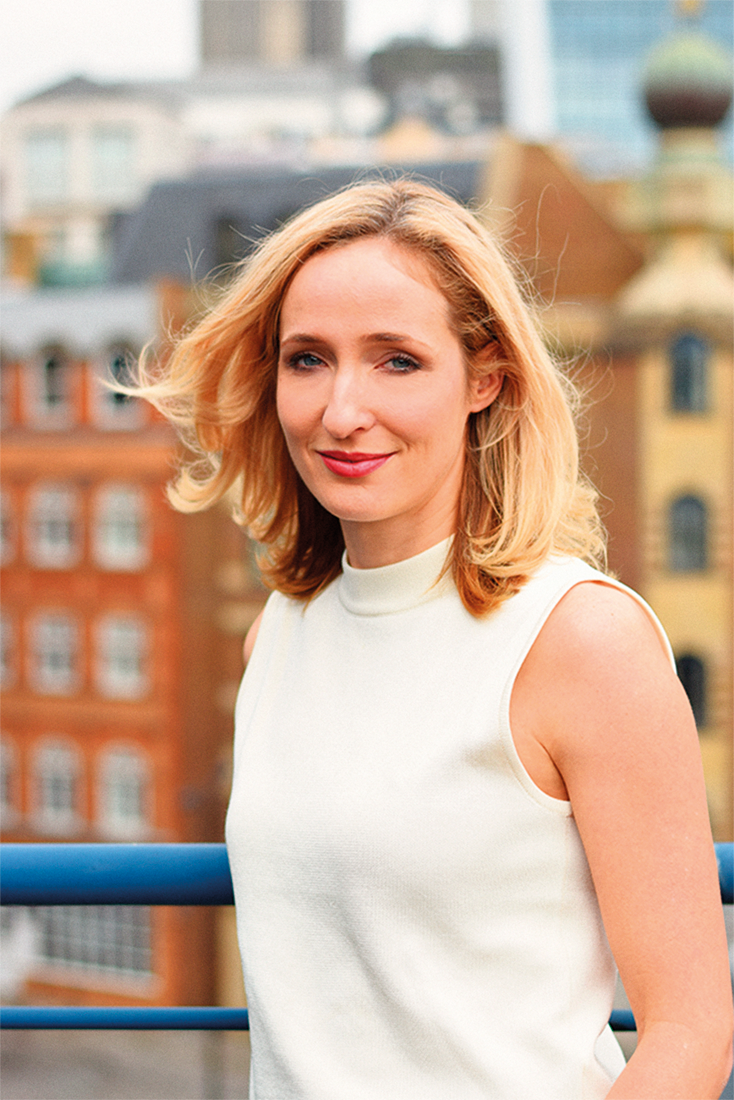
Chief Executive, YouView
We asked YouView’s boss what her experience was of the gender imbalance in tech, and what companies like hers can do to boost the number of women working in the sector.
She quotes a 2016 report that: ‘In the UK, only 5% of technology leadership roles are held by women. A shocking figure given the history and status of our industry on the world stage.
‘The barriers to women entering technology are well documented, yet the pace of change to lower these barriers has been slow.’
Buckridge believes this gender bias comes from a number of factors, including female pioneers of technology being glossed over. Charles Babbage is widely credited with inventing the computer, while Ada Lovelace’s role in recognising and proving its potential is rarely mentioned.
‘To shift the societal barrier, we need to change two things,’ she says. ‘The first is school education, where either schools are not providing the opportunity to learn computer science or, where they are, it is not being taught in a way that piques the interest of girls.’
Research shows that the more computer science is presented as a way to improve lives and resolve social problems, the more girls relate to the subject.
‘The second [issue] is that fundamental changes need to be made in the workplace,’ she continues. ‘Technology workplaces can carry the same biases that have existed traditionally in wider society. Gender bias… is then perpetuated by the fact that there are few female role models in the industry.
‘To break the cycle, companies must take a proactive stance to drive tangible change.’
The CEO adds: ‘At YouView, we actively seek female engineers. We keep an eye on our recruitment processes and have adjusted accordingly to remove unconscious bias.’
Great role models in the TV industry include Alex Mahon, CEO of Channel 4, who previously ran post-production house Foundry, Mitzi Reaugh, President and CEO of Jaunt XR, a leader in augmented reality, and Fani Sazaklidou, VP of product design at DAZN.
‘All of these women are inspirational, and their careers demonstrate the breadth of technology roles available and the heights that are possible,’ Buckridge says.

